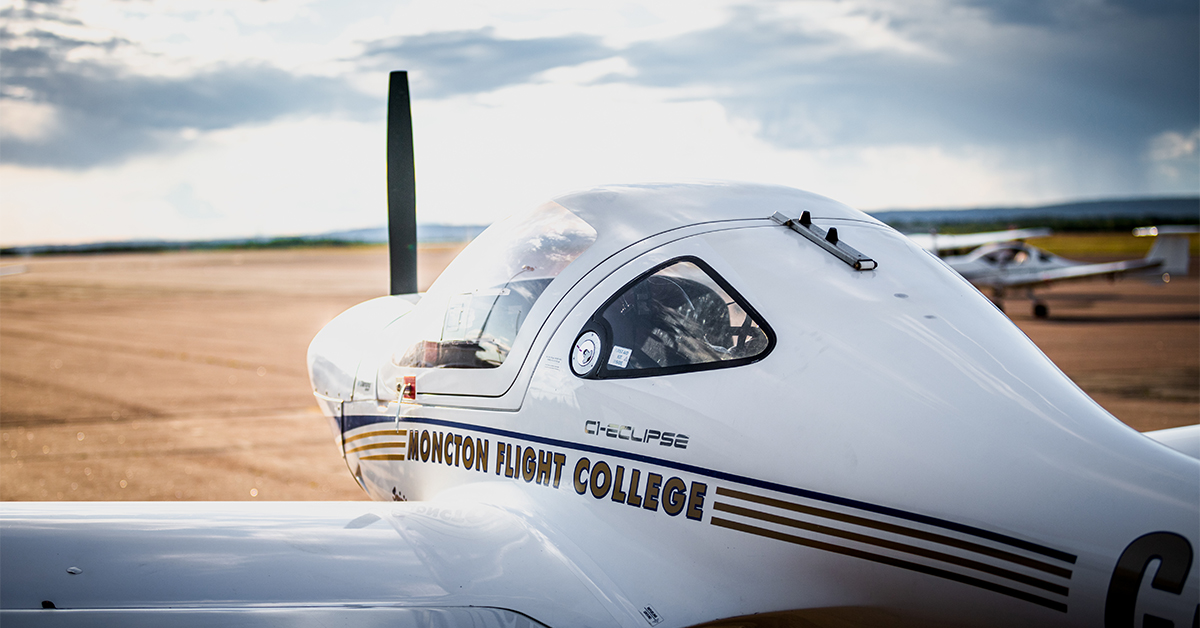The following outlines the program objectives from STU and MFC Training for the Bachelor of Arts (Aviation Stream).
Starting in Fall of 2025 , the first cohort of students will start their STU degree while obtaining their medical and language proficiency. Transfer students should contact us for more information about your individual situations.
|
Year of Study |
STU Objectives |
MFC Course of Study |
MFC End of Year Certification |
|
First Year |
30 Credit Hours (ch) Recommend:
|
Category 1 Transport Canada Medical
English-Language Proficiency |
Category 1 Transport Canada Medical - Passed
English-Language Proficiency - Passed
|
|
Second Year |
18 Credit Hours Recommend:
|
9 hours a week ground school in evening
45 – 60 hours Flight training |
Private Pilot’s License (PPL) |
|
Third Year |
18 Credit Hours Recommend:
|
9 hours a week ground school in evening
90 hours Flight training |
Commercial Pilot’s License (CPL) |
|
Fourth Year |
18 Credit Hours Recommend:
|
9 hours a week ground school in evening |
Multi-engine (optional) Flight Instructor (Optional) Frozen ATPL, pending 1500 flight hours
|
MFC Training Highlights
- MFC Training first left the ground in 1929 and has since grown to become one of the largest and most experienced flight training schools in Canada.
- MFC Training graduates over 350 or more fully trained commercial pilots every year for many of the world’s airlines.
- MFC Training provides all levels of pilot training for both domestic and international markets
- From Recreational Pilot Permits to our Professional Commercial Pilot and Instructor Programs, MFC Training can meet training needs with a fleet of over 50 aircraft.
- Because of its location, pilots benefit from four-season training and are better equipped to safely manage different weather conditions.
